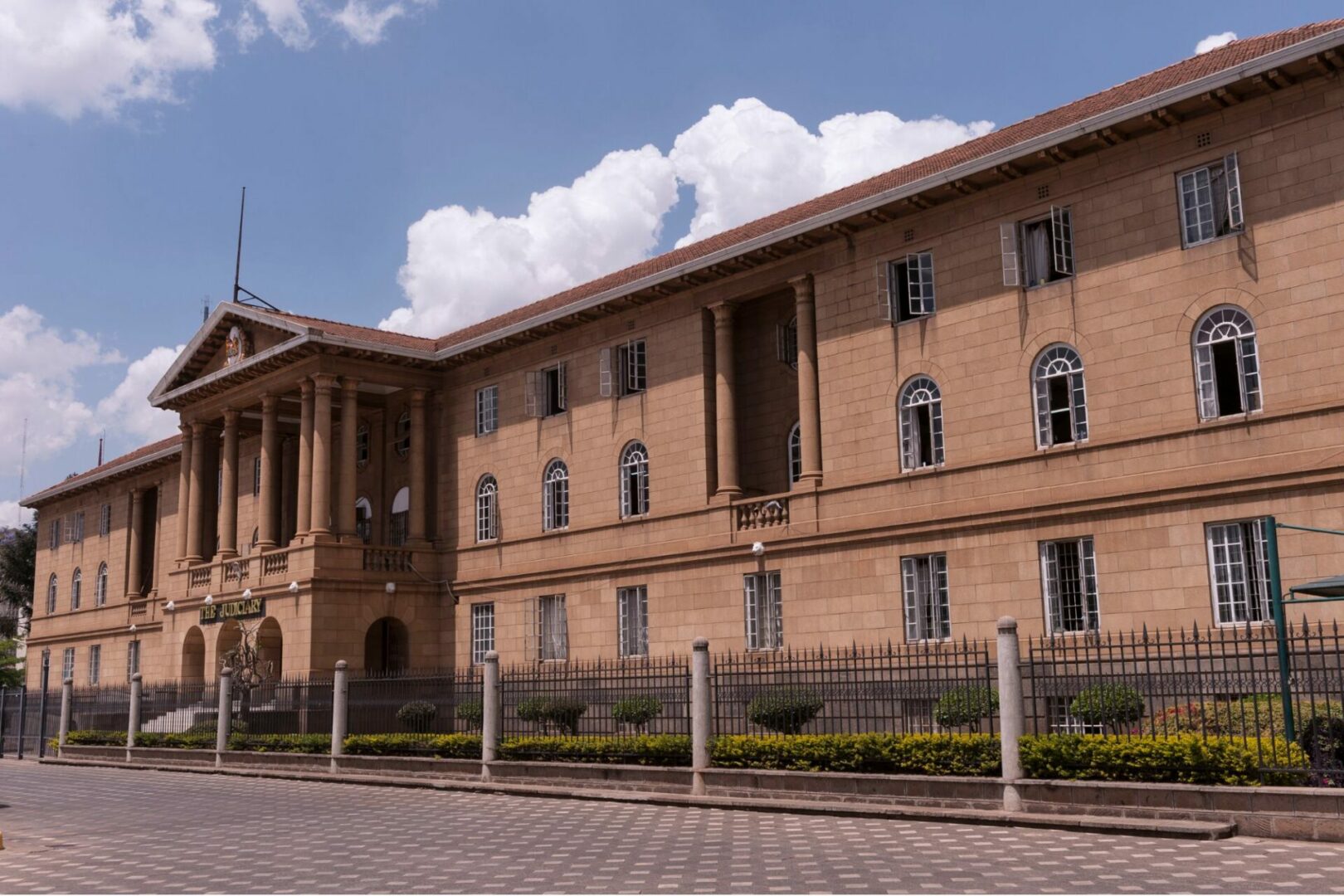On Wednesday, March 13th, Kenyans witnessed a landmark ruling in the murder case of businesswoman Monica Kimani at her apartment.
Joseph Kuria Irungu, also known as Jowie, was found guilty of murder. Justice Grace Nzioka’s final decision on the case was a death sentence for Jowie.
“I therefore order that the first accused person being Joseph Irungu, shall suffer death as provided for the offence of murder under section 204 of the penal code of Kenya unless that sentence is set aside by a court of competent jurisdiction,” she gave the final verdict.
What is Jowie’s fate? Placing it into a legal context, a death sentence means that Jowie will be confined to prison for the rest of his life, just as a life imprisonment.
This is after the Supreme Court of Kenya, in December 2017, declared the death penalty unconstitutional. The execution of a human life in Kenya after receiving the death penalty is deemed unlawful and a violation of the convict’s human rights.
In contrast, with life imprisonment, a convict may have the opportunity for pardon, parole release, or a reduced term if they demonstrate good behaviour while serving their prison sentence. Prisoners serving death sentences do not get to enjoy these.
Furthermore, convicts sentenced to life in prison are not allowed to work or engage in other meaningful activities like other inmates. They are often isolated from other prisoners and housed separately in different areas.
Crimes that can result in one being on the receiving end of a death penalty include
- Treason to state
- Taking an oath to commit a serious offence (even if you do not commit it)
- Murder
- Some circumstances of robbery or attempted robbery
- For military persons, aiding an enemy to the state.
Jowie Irungu sentenced to death in Monica Kimani murder case
The death penalty will continue to be a topic of debate among nations, with many subscribing to the belief that, ethically, no human is justified in ordering the taking of another human’s life.
A previous survey revealed that it is more expensive for the government to maintain life prisoners, as it costs them Sh. 240 per prisoner per day to keep them incarcerated.
Kenya has not carried out any death sentence executions since the Moi regime in 1987, following the last executions of personnel from the Kenyan forces who were involved in the 1982 attempted coup.








